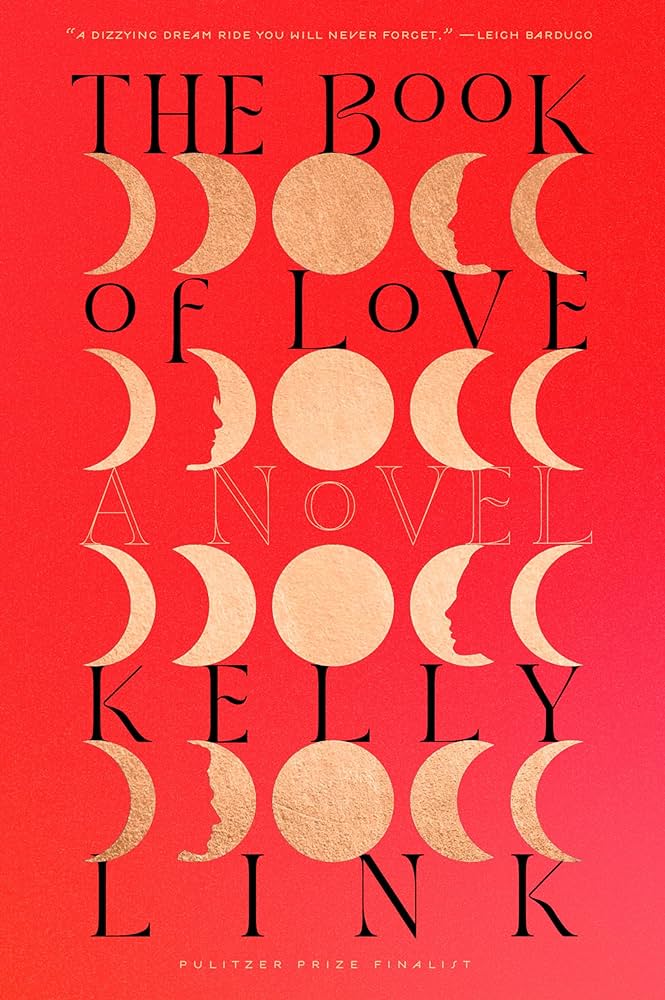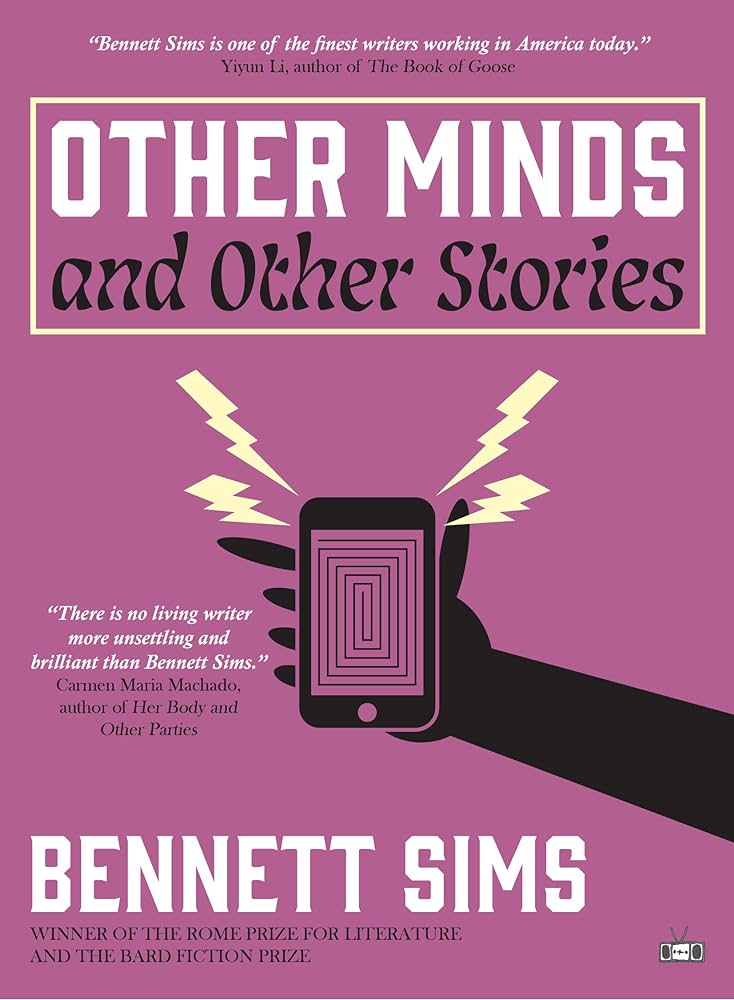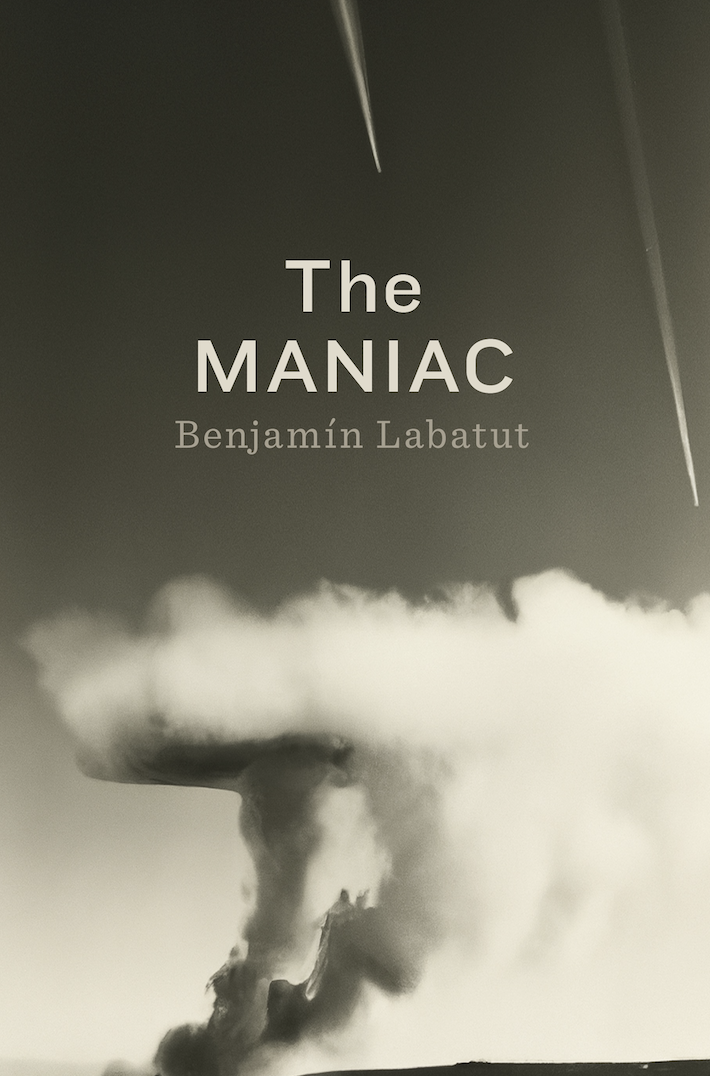Last week, I offered up the first of two recommendations for books about work. In Life Work, Donald Hall meditates on a life of word-work; contrasting his vocation as a writer – of poems, children’s books, essays, reviews, and letters – with the manual labor of his agrarian ancestors, in whose New Hampshire farmhouse he and his wife Jane Kenyon lived together for 20 years until Kenyon’s death in 1995.
 Matthew B. Crawford’s Shop Class as Soulcraft: An Inquiry Into the Value of Work considers work from a different vantage point, i.e., that of a philosopher-academic turned motorcycle mechanic. While both Hall and Crawford describe meaningful work as that which is fully absorbing, Crawford focuses on the manual trades — conscientious problem-solving in a concrete, physical context — as a potential panacea for modern malaise, professional and otherwise. With Shop Class, Crawford is on a mission, and a highly-specific, thoroughly considered one at that. He writes:
Matthew B. Crawford’s Shop Class as Soulcraft: An Inquiry Into the Value of Work considers work from a different vantage point, i.e., that of a philosopher-academic turned motorcycle mechanic. While both Hall and Crawford describe meaningful work as that which is fully absorbing, Crawford focuses on the manual trades — conscientious problem-solving in a concrete, physical context — as a potential panacea for modern malaise, professional and otherwise. With Shop Class, Crawford is on a mission, and a highly-specific, thoroughly considered one at that. He writes:
I offer my own story here not because I think it is extraordinary, but rather because I suspect it is fairly common. I want to do justice to intuitions that many people have, but which enjoy little public credit […] Perhaps most surprisingly, I often find manual work more engaging intellectually…
I want to avoid the precious images of manual work that intellectuals sometimes traffic in. I also have little interest in wistful notions of a “simpler” life that is somehow more authentic, or more democratically valorous for being “working class.” I do, in fact, want to rehabilitate the honor of the trades, as being choice-worthy work, but to do so from within my own experience, which I find is not illuminated by any of these fraught cultural ideas.
What follows is a compelling argument – stronger, I’d say, than the “inquiry” of the book’s subtitle – that is equal parts memoir, philosophical treatise, history lesson, repair manual, and social commentary. It is an argument for concretion over abstraction, intuition and judgment over rules-based processing, the integration of thinking (intellectual) and doing (manual/physical), agency rather than unfettered “autonomy” (what Crawford calls “freedomism”), the intrinsic value of small-scale, locally-based business models where human-to-human interaction is vital; and a notion of The Good Life that does not rely on the compartmentalization of work and pleasure.
I confess that, with me, Crawford is preaching to the choir on pretty much every point above. The chapter entitled “The Contradictions of the Cubicle” — in which he laments the learned behaviors of talking in circles, evading responsibility, appearance management, and lowering intellectual inquiry to an institutionally established “good enough” — had me nodding and shuddering, as it likely will anyone who’s ever worked in an office. In “To Be Master of One’s Own Stuff,” Crawford questions modern definitions of freedom and asks whether the consumer fantasy of disburdening ourselves – of physical things – is in fact a new kind of enslavement, a loss of agency and embodied-ness relative to our material environment and possessions (manifest in the tyranny of “devices,” which represent disposable reality); all of which I explore, more or less, in a forthcoming essay (to be anthologized in The Late American Novel, edited by our own C. Max Magee).
An easy audience for the arguments, I turned my scrutiny toward Crawford’s finely-articulated and often entertaining prose. You might wonder, how does a philosopher-mechanic express himself? Crawford does indeed move effortlessly among multiple registers of diction and expression. Here’s a passage I particularly enjoyed, from a section where Crawford describes his early education as a gearhead, trying to diagnose his VW Bug:
Volkswagens in particular, as the People’s Car, tend to get passed around like cheap whores, and it is rare to find one that hasn’t been pawed at by a train of users applying more urgency than finesse […] a VW engine may have been subjected to clumsy, boyish innocence, such as my predecessor surely felt in his heart as he ripped open his package from JC Whitney and held the brand-new “high performance” valve springs in his hand […] Or it may be a tale of appalling moral squalor, as when it becomes evident that the previous owner failed to change the oil, like, ever.
In another chapter, Crawford considers the mechanic’s “metaphysical responsibility to the machine and his fiduciary responsibility to its owner” as he works on an ’83 Honda Magna V45:
I smelled something burning, and discovered my pants were on fire. I was standing too close to the propane heater, in between bouts of valve cover jujitsu. The cover was still stuck where it had been a few hours ago. At this point I’d exhausted my entire lexicon of “mother-fucker”-based idioms, and was running perilously low on slurs against the Japanese. I was nearing a familiar point where I’ve descended through every level of madness and despair, and a certain calm takes over. I was reduced now to a more or less autistic repetition of valve cover manipulations I’d long ago determined to be futile, when suddenly the cover just fell out of its trap and lay free in my hand […] This is a common experience, actually […] I used to try to hypnotize myself into a Zen-like state of resignation at the outset. It doesn’t work, not for this Grasshopper. I have my own process, as they say. I call it the motherfucker process.
 But ultimately it’s heady, ambitious stuff that Crawford is tackling here. Iris Murdoch is Crawford’s philosophical touchstone throughout: “[A]nything which alters consciousness in the direction of unselfishness, objectivity and realism is to be connected with virtue,” he quotes from Murdoch’s The Sovereignty of Good. Mechanics, Crawford posits, as do other manual tradespeople, work firmly in this realm of objectivity and realism, recognizing and embracing their non-invincible place in the world. “In any hard discipline, whether it be gardening or structural engineering… one submits to things that have their own intractable ways… When your shin gets kicked, whether by a mule or a kick-starter, you get schooled.”
But ultimately it’s heady, ambitious stuff that Crawford is tackling here. Iris Murdoch is Crawford’s philosophical touchstone throughout: “[A]nything which alters consciousness in the direction of unselfishness, objectivity and realism is to be connected with virtue,” he quotes from Murdoch’s The Sovereignty of Good. Mechanics, Crawford posits, as do other manual tradespeople, work firmly in this realm of objectivity and realism, recognizing and embracing their non-invincible place in the world. “In any hard discipline, whether it be gardening or structural engineering… one submits to things that have their own intractable ways… When your shin gets kicked, whether by a mule or a kick-starter, you get schooled.”
The kind of moral capacity and cognitive capacity that we need to be full human beings — to be “just,” as Crawford puts it — thus grows from problem-solving that exists in situational reality (as opposed to, say, financial-derivatives reality). Moral virtue and intellectual virtue are of a piece, and are born from a kind of humility and attentiveness that develops as a result of confronting “the world as it really is.” “By the mere fact that they [mechanics] stand ready to fix things,” Crawford writes, “as a class they are an affront to the throwaway society. Just as important, the kind of thinking they do, if they are good, offers a counterweight to the culture of narcissism.”
Narcissism. Hmm… simmering in the background of Crawford’s story is another drama, a more personal one, that he refrains from telling, though he drops hints here and there. In a footnote, we learn that he spent his teen years living in a commune (possibly with his mother, though it’s unclear), and in the acknowledgments that his childhood was “weird.” At 16, he “was getting reacquainted” with his father, living with him for the first time in seven years. He relates, and returns to, a story about his father, a mathematical physicist, who said to him one day, apropos of nothing, “Did you know you can always untie a shoelace just by pulling on one end, even if it’s in a double knot?” This story serves as an emblem of abstract, situation-less – as well as impotent, and possibly immoral – thinking for the rest of the book. One can’t help but sense that Crawford’s search for the real, the virtuous, and the selfless is rooted in something quite personal. In describing just what kind of book Shop Class is, perhaps add “quest for healing” to those equal parts.










